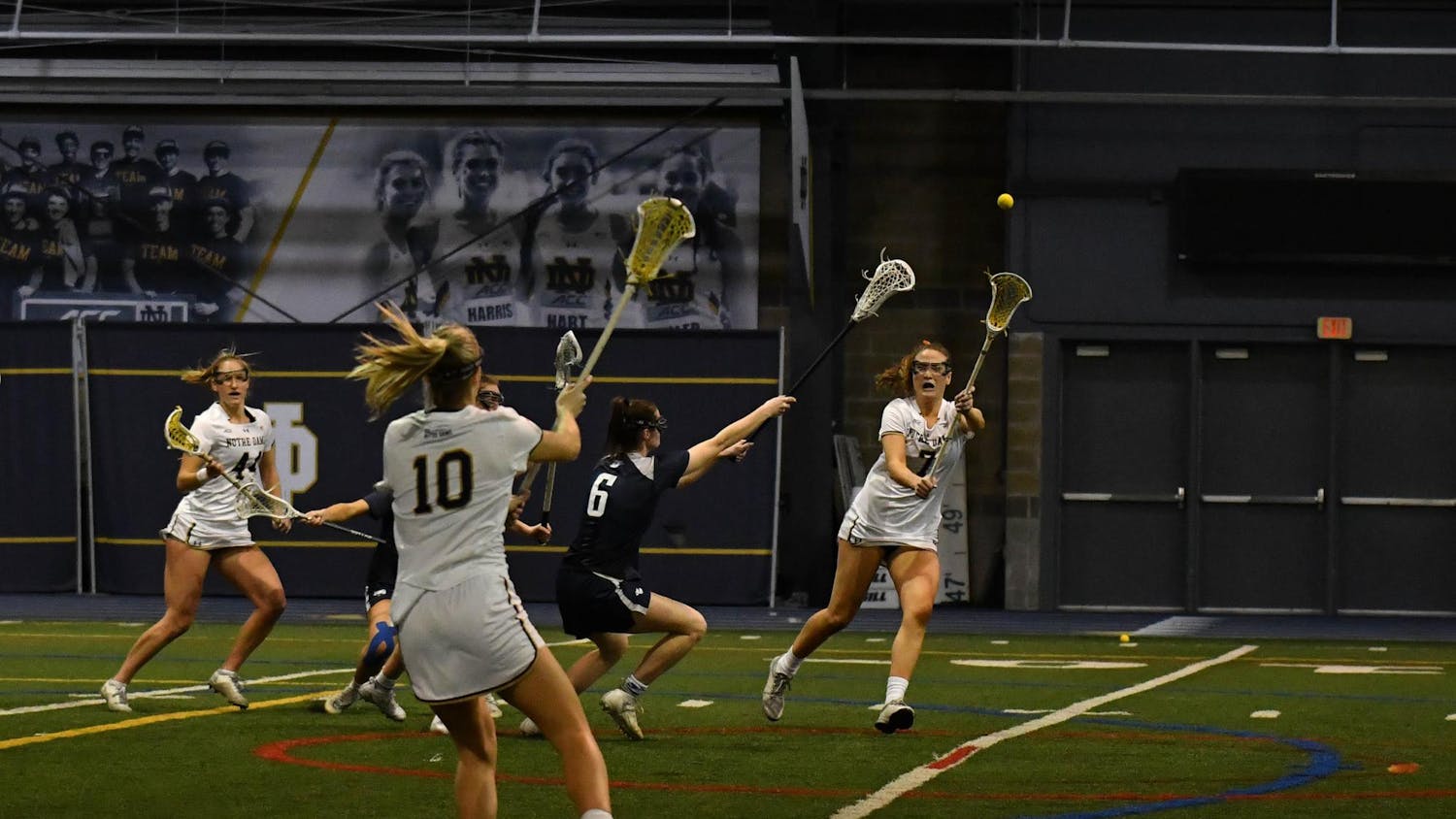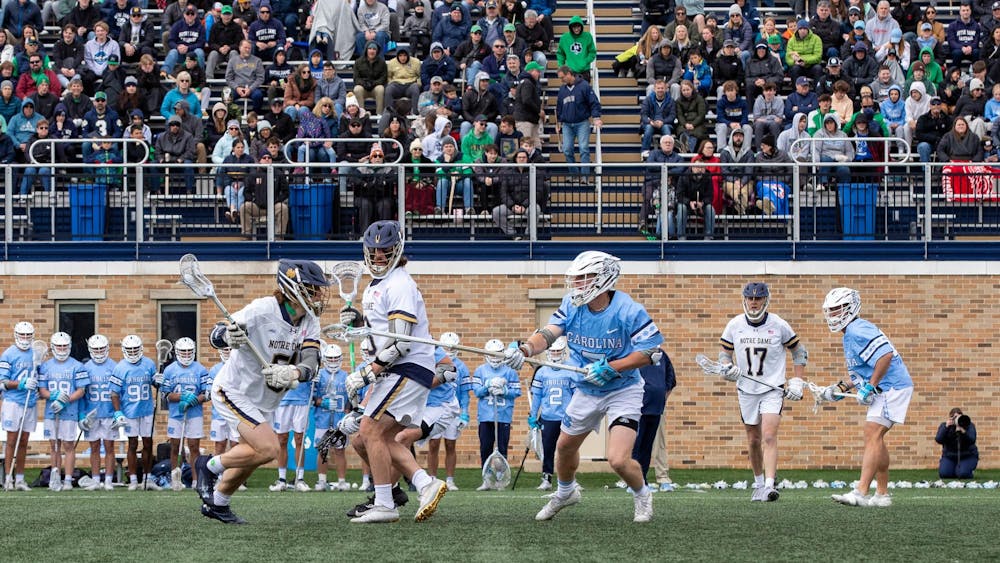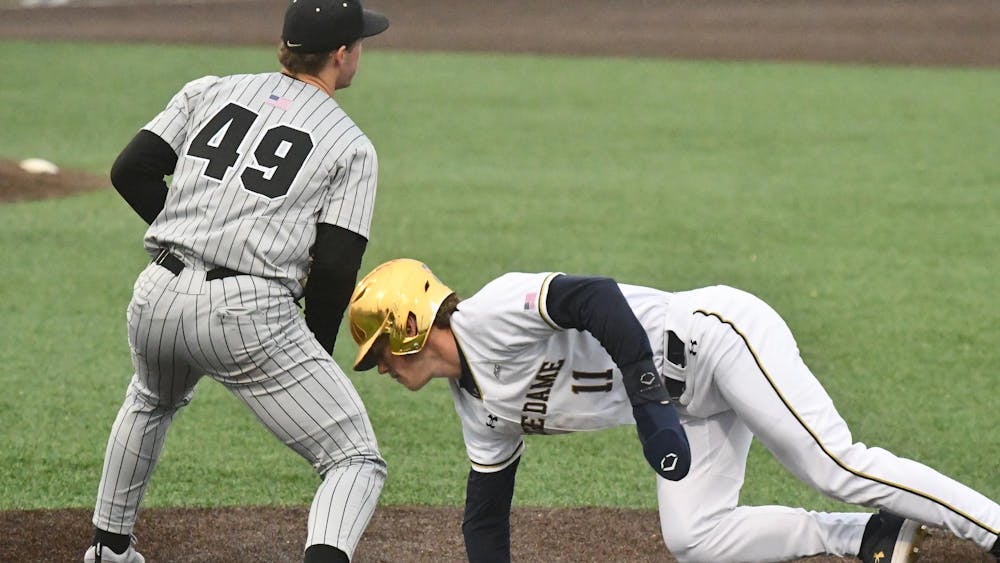On Sept. 18, 2017, the internet changed.
Sure, we always knew that any account online may not be who they claim to be behind the screen.
But Monday, we had to directly come to terms with the fact that any online account could be Kevin Durant.
Monday, we saw Durant refer to himself in the third-person in an argument on twitter, while calling out former teammates and coaches from his time in Oklahoma City. The tweets caused speculation that the Warriors forward most likely intended to tweet from a second account with another name, which he may use to regularly defend himself. Internet sleuths later discovered an instagram account with a history of arguing in favor of Durant and a variety of clues that it may well be the 2013–14 NBA MVP’s online alter-ego.
Now, when you get into an argument online, you have to accept that it may be Durant on the other end, throwing insults at you between practices, or — during the season —perhaps even from the locker room at Oracle Arena at halftime.
Durant has been relentlessly mocked for his actions for a reason. It does seem childish to pretend to be someone else in order to criticize former teammates and defend your most controversial decision. It’s not the “right” way to handle a beef. (The “right” way is to release a clapback song that samples Right Said Fred’s “I’m Too Sexy” in the chorus and features a line about how you can’t come to the phone because you’re dead, but I digress).
Yes, Durant’s actions were immature. It’s indefensible. But Durant ended up in a scenario where he believed this was the appropriate way to address his grievances, and for that the media and fans deserve a certain amount of blame.
Today’s sports media is nonstop. Shows like ESPN’s First Take and Fox Sports’s Undisputed have to fill time talking about something every day, and sometimes there just isn’t anything that’s actually worth talking about. So they focus in on any minor comment and turn it into a drama. It’s even worse online, where the most rabid fans can find a platform and scrutinize comments even further. When Durant told Bill Simmons that “nobody wants to play in Under Armours,” people read the line as a sign of a potential feud between Durant and Under Armour’s flagship superstar, Stephen Curry. Of course Durant holds opinions about his time with the Thunder, and you can assume there are certain things he didn’t like — if not, he would have stayed. But when he defends himself on his own Twitter, without even taking shots at his former team, he’s accused by many of being whiny.
So do fans want their superstars to say nothing at all? Kawhi Leonard does it well, but only because he’s owned his blandness to a point where it’s entertaining and funny. If the players like Durant, who have opinions about their teams, get put down every time they speak up, we’ll never get to understand their decisions. And with fans constantly reminiscing about a time before players were so uniformly positive about one another, we should let players express their genuine thoughts instead of rehearsed praise.
For players who may have opinions about more important non-basketball issues, it’s just as easy to see why a player may be discouraged from saying what they want to. Amid all of the controversy that surrounded former 49ers quarterback Colin Kaepernick’s decision not to stand for the national anthem, athletes — including some of the most popular role models for children, some of the most recognizable members of racial minority groups and those who grew up in working-class households in the country — know that they will be shredded for their opinions, regardless of what they say.
So when I get — sorry, I mean when Kevin Durant gets — criticism or wild speculation about a totally harmless expression of a much more safe opinion than what he said about the Thunder, maybe you’ll see what led him to respond to haters in the worst possible way.













